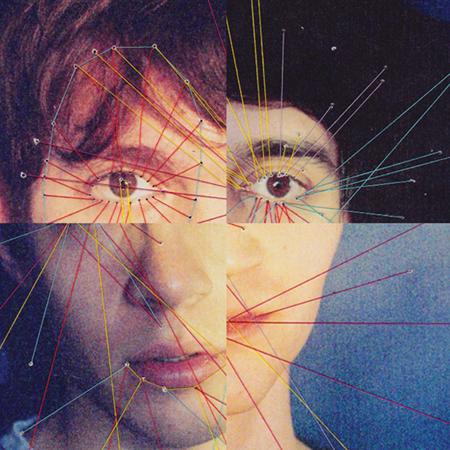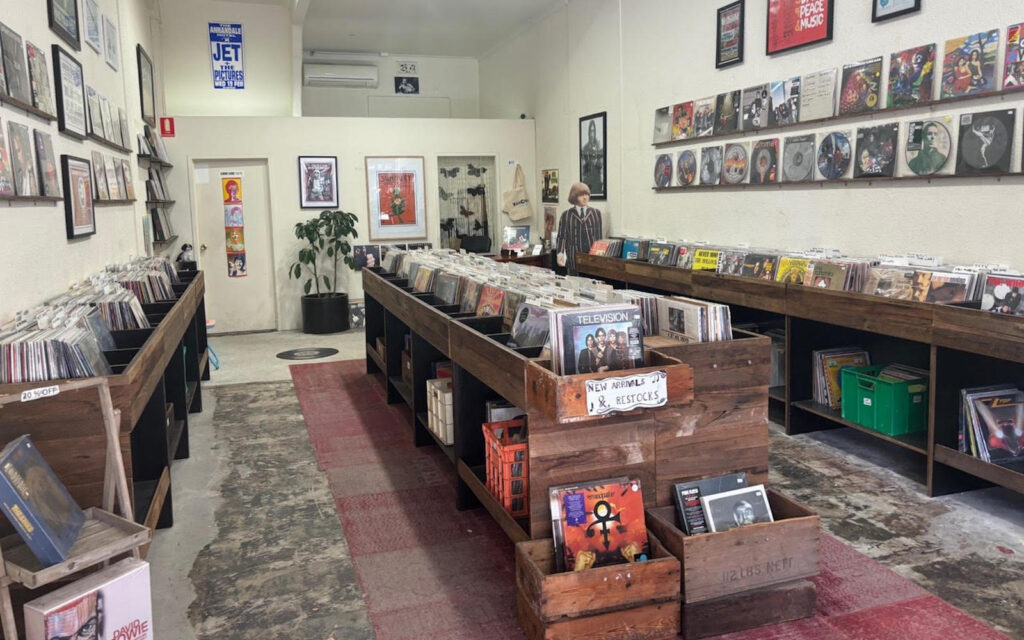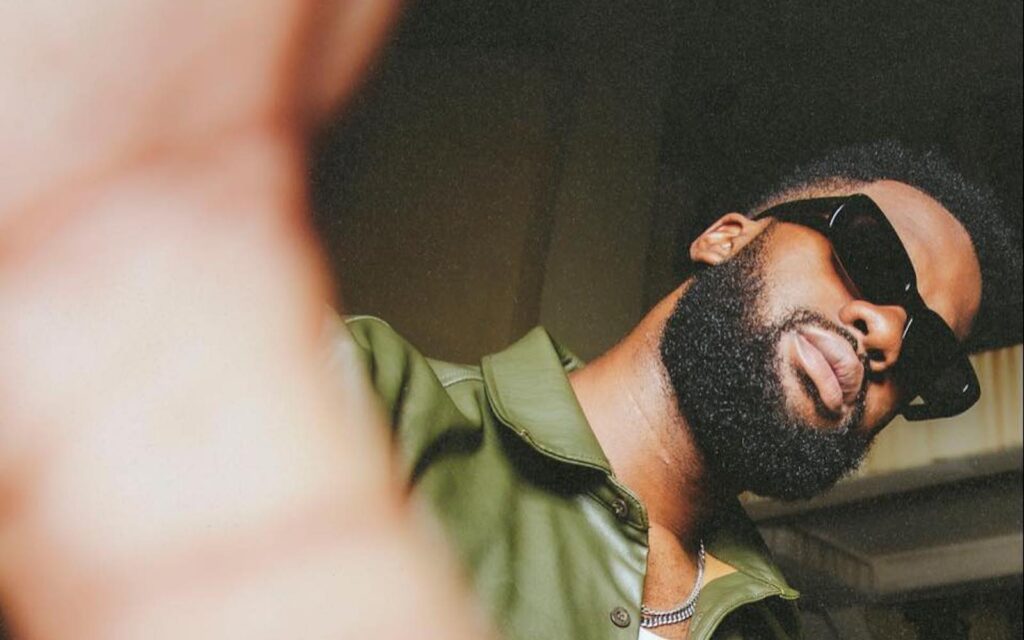Beat speaks to Perry Chapman, better known as PEZ, about his involvement with the federal government’s new initiative, The Line. The video to his tune Shine is being used as a tool to get people involved with the idea.
Beat speaks to Perry Chapman, better known as PEZ, about his involvement with the federal government’s new initiative, The Line. The video to his tune Shine is being used as a tool to get people involved with the idea.
How did you get involved with The Line as an initiative? Were you approached by the federal government, or was this something you put your hand up for?
“I wasn’t approached by the federal government per se, I was approached by the consultants that had heard my music, and they gave me the pretty alarming statistic that nearly half a million women get physically or sexually abused each year, which is a pretty scary statistic. So, in response to that, they’re trying to a campaign promoting respectful relationships, and they wanted to launch it in Sydney, and [asked if] I would be interested in lending support and coming down to perform a song to launch it. Which was a bit of a no-brainer at the start, I was like, ‘definitely, I can’t imagine anyone who wouldn’t want to support a cause like that’.”
I’ve had a chance to listen to Shine , and you’ve mentioned before that there’s a nice fit between the message of Shine and the message of The Line initiative. How do you think the song and the campaign fit together?
“Yeah, it’s definitely a pretty perfect fit. It’s a bit of an idealistic track when we made it; you’re trying to do something positive – that’s what came out in the music. When we performed it there [at the launch], a lot of people came up and said, ‘It’s a perfect fit, it feels like you’ve written a song for the campaign.’ That’s probably a pretty good sign that the message fits the campaign, so it was easy to say ‘yes’.”
A lot of other people who have signed up to support The Line campaign are Australian hip-hop artists, like Maya Jupiter. Do you think there’s something about hip-hop in particular that can help get the message out in this campaign that other genres of music can’t?
“One of the big things about hip-hop – especially the kind of hip-hop I listen to, which is driven by the lyrics, is that because it’s a bit more stripped back – when you’re doing your lyrics in a verse, you can say a lot more in a verse because it’s spoken directly to you. And it seems like, here in Australia anyway, the intention of a lot of the music is a lot more positive – at least the people who have been successful so far – they’re people trying to do something good.”
One of the really interesting things about this The Line campaign is that it’s not so much about saying ‘ This is wrong, and this is right,’ but about saying, ‘You need to find out where you draw the line, and you need to find out where others draw the line.’
“That’s one of the things that really excited me about this campaign. There’s so much that goes on about the way people treat each other day-to-day, the way people behave with their family – when people start to address that, to look at themselves a bit, change that perspective, that’s where a lot of good things can start to happen. Rather than just saying, ‘We need to stop the violence!’ and it’s always just another band-aid thing that never quite works… [this is] actually getting people to really have a look at what upsets them and what makes them uncomfortable, and how you want to be treated. Very simple morals that not that long ago were taught to everyone: treat people how you want to be treated.”
One of the interesting things about the message is that it’s about treating people how you’d like to be treated, which isn’t a terribly new idea, but it is something that we seem to lose sight of. We seem to look at other people as means to an end rather than ends in themselves.
“Totally, that’s well said. A lot of day-to-day activity is a means to an end rather than embracing the moment. It’s such a simple thing to be grateful every day, and people can get in these patterns where you see your family every day but you don’t necessarily go up to them and tell them you love them, or share positive things with each other. Everyone’s like, ‘Oh, I’ve gotta do this,’ and bouncing off each other and clashing – it’s a fundamental error that starts to manifest in all these different ways. Something as simple as thinking about how you want to be treated and trying to surround yourself with good people starts to change things.”
To learn more about THE LINE or to enter a line drawing for the Shine video clip, visit theline.gov.au .







